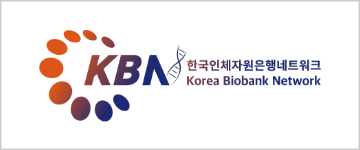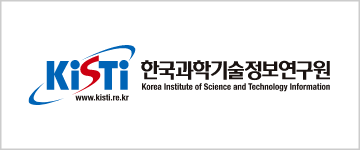2025 Fall
International Convention of PSK
2025 CONVENTION
Abstracts
SR extract induces ROS-mediated apoptosis in lung cancer cells
- Shin-Hyung Park*1, Hyun-Ji Park1
- 1Department of Pathology, College of Korean Medicine, Dong-eui University, Busan, 47227, Republic of Korea
SR is a marine brown macroalga common in temperate to subtropical waters and known for its antioxidant, anti-aging, and anti-inflammatory activities, although its anticancer effects remain unexplored. This study investigated the potential of its ethanolic extract (ESR) to induce apoptosis in human lung cancer cells. ESR treatment significantly reduced the viability and colony-forming ability of H1299, PC9, and H1975 cells in a dose-dependent manner. Flow cytometry revealed increased sub-G1 DNA content and annexin V-positive populations, while DAPI staining demonstrated nuclear condensation and fragmentation, confirming apoptotic changes. Consistently, ESR elevated the levels of cleaved PARP and cleaved caspase-3 across all cell lines. Importantly, ESR induced robust reactive oxygen species (ROS) generation, and pretreatment with N-acetylcysteine (NAC) completely abrogated ESR-mediated apoptosis, indicating a pivotal role of ROS in its cytotoxic action. Collectively, these findings demonstrate that ESR exerts anticancer activity in lung cancer cells by triggering ROS-dependent apoptotic pathways, highlighting its promise as a marine-derived natural candidate for lung cancer therapy.
Q&A
- There are no registered questions









































